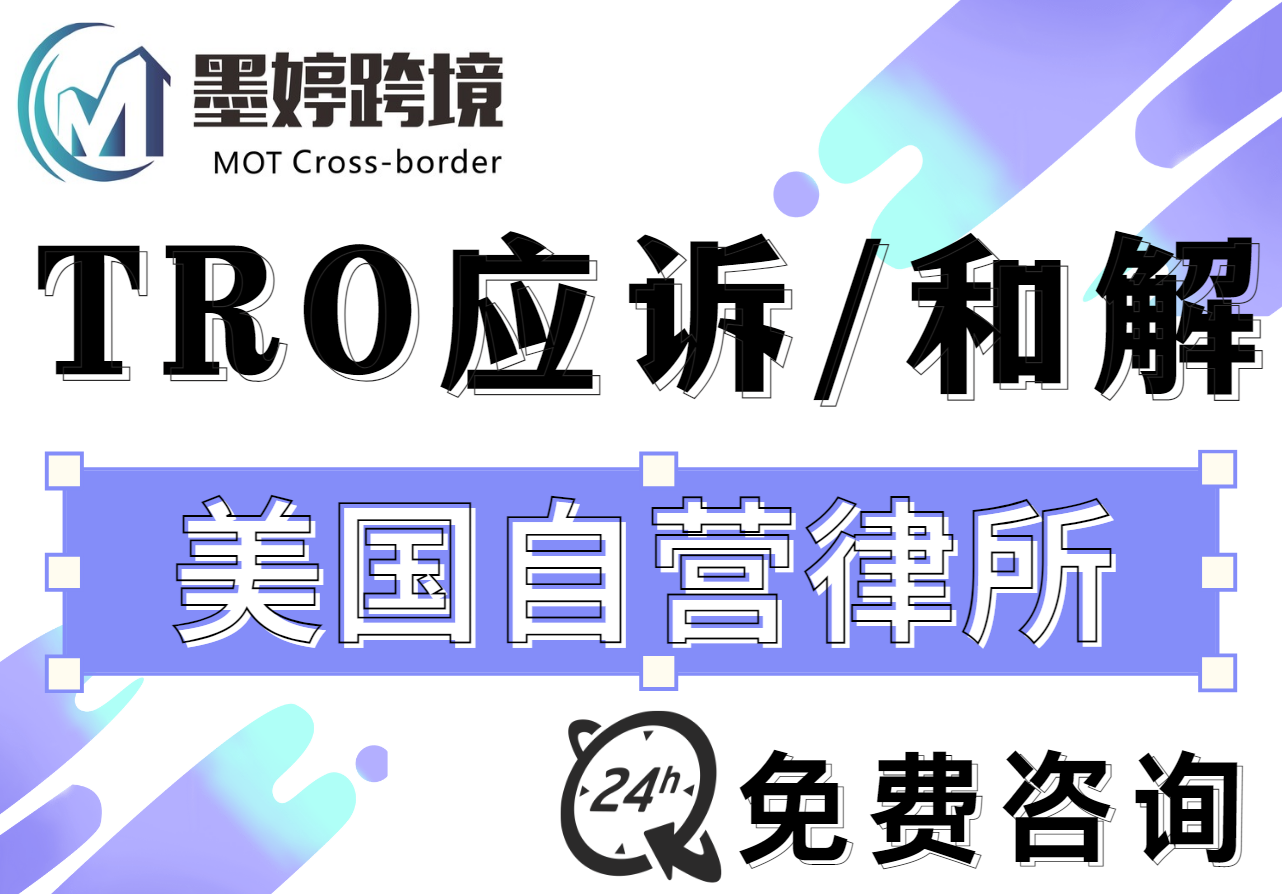美国版权介绍
Every year, millions of Americans create original works - books, music, research and other forms of creative expression. All of these creations are intellectual property, and all of them are protected by copyright. For writers, editors, and publishers, understanding copyright issues is essential, especially now that the production of counterfeit and pirated goods, including written works, has become so prevalent. Indeed, according to the OECD, the value of imported fake goods worldwide based on 2016 customs seizure data was $509 billion, up from $461 billion in 2013 (2.5% of world trade).
每年,成千上万的美国人创作大量原创作品-书籍,音乐,研究以及其他形式的创造性表达。所有这些创作都是知识产权,并且都受版权保护。对于作家,编辑和出版商而言,了解版权问题至关重要,尤其是在假冒和盗版产品(包括书面作品)的生产变得如此普遍的今天。实际上,根据经济发展与合作组织(OECD)的数据,2016年的海关缉获数据,全球进口假冒商品的价值为5090亿美元,高于2013年的4610亿美元(占世界贸易的2.5%)。
In order to protect yourself from IP theft, it's important to know the basics about your rights. For writers, editors and publishers, this means taking a look at the basics of copyright: what it is, what it protects, and how to secure it. With this information in hand, you should be well prepared to defend yourself and your original works from the threat of IP theft.
为了保护我们自己免受知识产权盗窃的侵害,了解自身权利的基本知识很重要。对于作家,编辑和出版商来说,这意味着要研究版权的基础知识:版权是什么,保护了什么以及如何保护版权。掌握了这些信息后,我们应该做好充分准备,以保护自己的原创作品免受知识产权盗窃的威胁。


What is copyright?
版权是什么?
Copyright is a form of protection provided by U.S. law to the authors of "original works of authorship" fixed in any tangible medium of expression. The manner and medium of fixation are virtually unlimited. Creative expression may be captured in words, numbers, notes, sounds, pictures, or any other graphic or symbolic media. The subject matter of copyright is extremely broad, including literary, dramatic, musical, artistic, audiovisual, and architectural works. Copyright protection is available to both published and unpublished works.
版权是美国法律为固定在任何有形表达媒介中的“原创著作”的作者提供的一种保护形式。固定的方式和媒介实际上是无限的。创意表达可以用文字,数字,注释,声音,图片或任何其他图形或符号媒体来获取。版权的主题非常广泛,包括文学,戏剧,音乐,艺术,视听和建筑作品。版权保护适用于已出版和未出版的作品。
Under the 1976 Copyright Act, the copyright owner has the exclusive right to reproduce, adapt, distribute, publicly perform, and publicly display the work. In the case of sound recordings, the copyright owner has the right to perform the work publicly by means of a digital audio transmission. These exclusive rights are freely transferable, and may be licensed, sold, donated to charity, or bequeathed to your heirs. It is illegal for anyone to violate any of the exclusive rights of the copyright owner. If the copyright owner prevails in an infringement claim, the available remedies include preliminary and permanent injunctions (court orders to stop current or prevent future infringements), impounding, and destroying the infringing articles, and monetary remedies.
根据1976年美国《版权法》,版权所有者拥有复制,改编,发行,公开表演和公开展示作品的专有权。就录音而言,版权所有者有权通过数字音频传输公开作品。这些专有权可以自由转让,并且可以被许可,出售,捐赠给慈善机构或遗赠给继承人。任何人侵犯版权所有者的专有权都是违法的。如果版权所有者在侵权索赔中胜诉,则可用的补救措施包括初步和永久性禁令(制止当前或防止将来侵权的法院命令),扣押和销毁侵权物品以及获得金钱赔偿。
The exclusive rights of the copyright owner, however, are limited in a number of important ways. Under the "fair use" doctrine, which has long been part of U.S. copyright law and was expressly incorporated in the 1976 Copyright Act, a judge may excuse unauthorized uses that may otherwise be infringing. Section 107 of the Copyright Act lists criticism, comment, news reporting, teaching, scholarship, and research as examples of uses that may be eligible for the fair use defense. In other instances, the limitation takes the form of a "compulsory license" under which certain limited uses of copyrighted works are permitted upon payment of specified royalties and compliance with statutory conditions. The Copyright Act also contains a number of statutory limitations covering specific uses for educational, religious, and charitable purposes.
但是,版权所有者的专有权在许多重要方面受到限制。“合理使用”原则,长期以来一直是美国版权法的一部分,并已明确纳入1976年《版权法》。根据这一原则,法官可能会宽恕那些未经授权而构成侵权的使用行为。《版权法》第107条将电影批评,点评注解,新闻报道,教学,学术成就和科学研究列为可能适用“合理适用”原则来抗辩的示例。其他情况下,则采取“强制许可”的形式,支付指定的使用费并符合法定条件后,才可以对版权作品进行某些有限的使用。版权法还包含许多涉及教育,宗教和慈善目的等特定用途的法定限制。


How can I secure a copyright?
如何取得版权?
This is a frequently misunderstood topic because many people believe that you must register your work before you can claim copyright. However, no publication, registration or other action in the Copyright Office is required to secure copyright. Copyright is secured automatically when the work is created, and a work is "created" when it is fixed in a "copy or a phonorecord for the first time." For example, a song can be fixed in sheet music or on a CD, or both. Although registration with the Copyright Office is not required to secure protection, it is highly recommended for the following reasons:
1. Registration establishes a public record of the copyright claim.
2. Registration is necessary before an infringement suit may be filed in court (for works of U. S. origin).
3. If made before or within 5 years of publication, registration establishes prima facie evidence in court of the validity of the copyright and of the facts stated in the certificate.
4. If registration is made within 3 months after publication of the work or prior to an infringement of the work, statutory damages and attorney's fees will be available to the copyright owner in court actions. Otherwise, only an award of actual damages and profits is available to the copyright owner.
5. Registration allows the owner of the copyright to record the registration with the U. S. Customs Service for protection against the importation of infringing copies.
这是一个经常被误解的问题,因为许多人认为须先注册作品,然后才能主张版权保护。但其实,版权无需通过版权局进行任何发布,注册或其他任何操作即可保护版权。当我们创造作品时,版权会自动得到保护;当作品首次被固定在“副本或录音制品”中时,作品就自动获得保护。例如,一首歌曲可以固定在乐谱中或CD上,或两者都固定。尽管不需要版权局的注册即可确保受到保护,但出于以下原因,也强烈建议进行版权注册:
1. 版权注册提供了版权声明的公开记录。
2. 在向法院提起侵权诉讼之前(对于美国原产的作品),必须进行注册。
3. 如果在出版前或出版后的5年内进行注册,则可以在法庭上确定版权和证书中所述事实的初步证据。
4. 如果在作品发表后3个月内或作品受到侵权之前进行注册,则版权拥有者将在诉讼中获得法定赔偿和律师费。否则,版权所有者只能获得实际的损害赔偿和利润赔偿。
5. 版权拥有者通过注册版权,可以在美国海关总署进行登记备案,以防止侵权版本流入。


What rights does copyright provide?
版权提供了哪些权利?
U.S. copyright law provides copyright owners with the following exclusive rights:
1. Reproduce the work in copies or phonorecords.
2. Prepare derivative works based upon the work.
3. Distribute copies or phonorecords of the work to the public by sale or other transfer of ownership or by rental, lease, or lending.
4. Perform the work publicly if it is a literary, musical, dramatic, or choreographic work; a pantomime; or a motion picture or other audiovisual work.
5. Display the work publicly if it is a literary, musical, dramatic, or choreographic work; a pantomime; or a pictorial, graphic, or sculptural work. This right also applies to the individual images of a motion picture or other audiovisual work.
6. Perform the work publicly by means of a digital audio transmission if the work is a sound recording.
Copyright also provides the owner of copyright the right to authorize others to exercise these exclusive rights, subject to certain statutory limitations.
美国版权法规定版权所有者享有以下专有权:
1. 复制作品,或复制唱片中的作品。
2. 根据作品创造衍生作品。
3. 通过出售、或其他所有权转让,或租赁,或出借等方式将作品的副本或录音制品公之于众。
4. 可公开表演文学,音乐,戏剧或编舞作品;哑剧或电影和其他视听作品。
5. 可公开展示文学,音乐,戏剧或编舞作品;哑剧或绘画,图形或雕塑作品。此权利也适用于电影或其他视听作品的单个图像。
6. 如果作品是录音,则可通过数字音频传输公开作品。
版权还赋予版权拥有者在某些法定限制下,有权授权他人行使这些专有权。


How long does copyright protection last?
版权保护的有效期多久?
The length of your copyright depends on when the work was created, published, and/or registered. Duration also depends on whether the work was created by an individual, more than one individual, or as employee or at the direction of another person or company. For works created by individual authors on or after January 1, 1978, copyright protection begins at the moment of creation and lasts for a period of 70 years after the author's death. In the case of "a joint work" (prepared by two or more authors) the term lasts for 70 years after the last surviving author's death. For works made for hire, and for anonymous and pseudonymous works, copyright protection generally lasts for 95 years from publication or 120 years from creation, whichever is shorter.
版权期限取决于作品的创造,发布和/或注册时间。持续时间还取决于作品是由个人创作,还是由多个人创作,还是作为员工创作的,或者由另一个人或公司指导的。对于个人而言,于1978年1月1日或之后创作的作品,版权保护自创作之时开始,并在作者去世后持续70年。如果是“共同作品”(由两个或更多作者创造),则该期限自最后一位幸存的作者去世后持续70年。对于出租作品以及匿名和假名作品,版权保护从出版起通常持续95年,从创作起持续120年,以较短者为准。
For works created before January 1, 1978 (protected under the 1909 Copyright Act), the duration rules are quite different (and much more complex). Duration depends on a number of factors, including whether the work was "published" and whether or not the copyright was renewed. In general, under the 1909 Copyright Act, copyright protection begins with first publication of the work and lasts for a period of 28 years, renewable for an additional term of 28 years, for a total term of protection of 56 years. In 1976, Congress extended the renewal term to 47 years, increasing the total possible term of protection to 75 years. In 1998, Congress again extended the renewal term by an additional 20 years, for total possible term of protection of 95 years from publication.
对于1978年1月1日之前创作的作品(受1909年版权法保护),持续时间规则完全不同(并且更为复杂)。持续时间取决于许多因素,包括作品是否“出版”以及版权是否续签。一般而言,根据1909年《版权法》,版权保护从该作品的首次出版开始,持续28年,可续期28年,保护期总计56年。1976年,国会将续签期限延长至47年,将可能的总保护期限延长至75年。1998年,国会再次将续签期限再延长了20年,从发布起可能总共享有95年的保护期。
For works created but not published or registered by January 1, 1978, copyright lasts for a period of 70 years after the author's death (or at least through December 31, 2002). For works published on or before December 31, 2002, the term of copyright lasts through December 31, 2047.
对于在1978年1月1日之前创作但尚未出版或注册的作品,版权在作者去世后(或至少到2002年12月31日)有效期为70年。对于2002年12月31日或之前出版的作品,版权期限持续到2047年12月31日。


Will my copyright protect me overseas?
版权是否在海外受到保护?
There is no such thing as an "international copyright" that will automatically protect an author's works in countries around the world. Instead, copyright protection is "territorial" in nature, which means that copyright protection depends on the national laws where protection is sought. However, most countries are members of the Berne Convention on the Protection of Literary and Artistic Works and/or the Universal Copyright Convention, the two leading international copyright agreements, which provide important protections for foreign authors.
没有所谓的“国际版权”可以自动保护世界各国的作者作品。相反,版权保护本质上是具有“领土性”的,这意味着版权保护还是取决于各个国家法律。但是,大多数国家都是《保护文学和艺术作品伯尔尼公约》和/或《世界版权公约》的两个主要国际版权协议的成员国,这些协议为外国作者提供了重要保护。
Under these treaties, a qualifying foreign work generally must receive the same protection as a local work. This bedrock principle of international copyright law is called "national treatment." International copyright agreements also set forth certain "minimum standards" of copyright protection. For example, the duration of copyright generally lasts for a minimum period of life of the author plus 50 years.
根据这些条约,合格的外国作品通常必须获得与本地作品相同的保护。国际版权法的这一基本原则被称为“国民待遇”。国际版权协议还规定了版权保护的某些“最低标准”。例如,版权的期限通常持续到作者逝世后50年。

本文英文来源:
https://www.uspto.gov/ip-policy/copyright-policy/copyright-basics
https://www.copyright.gov/what-is-copyright/

WPIP will continuously make efforts to provide you with more international IP news.
五洲普华将持续致力于为您提供更多的涉外知产新闻!
来源:IPRINTL
作者:WPIP-Helen
编辑:IPRINTL-Elaine




































